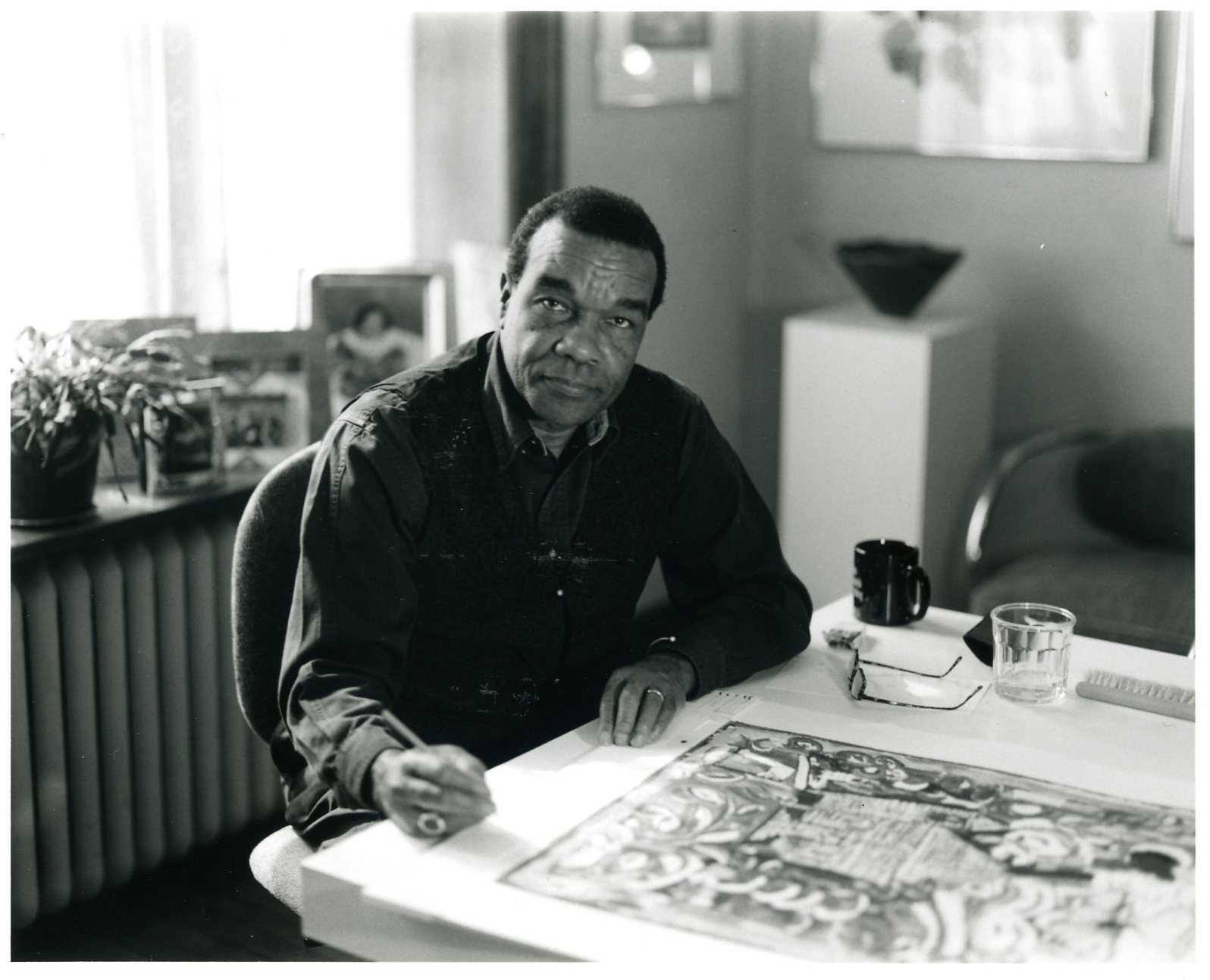MS01.01.03.B02.F23.068
Facsimile
Transcription
Mary Beattie Brady and her Administration of the Harmon Foundation
David C. Driskell
From 1926 until 1966, the name of one foundation stood alone as the principal supporter of black American artists and as a major collector of their work. The Harmon Foundation earned the reputation of being the black artist's first professional sponsor. It has been known and variously appreciated by large numbers of artists of African ancestry in the United States mainly for its programs that aided them in the exhibition field. But little information about the Foundation's larger goal, that of becoming a force for social change in the broader context of social and cultural matters to benefit the American public, is known. Even less seems to be known about the Foundation's director, Mary Beattie Brady, who administered its programs from 1922 until it officially ceased operations in the spring of 1967. It is about the later, Mary B. Brady and her administration of programs at the Harmon Foundation that I wish to direct the body of this discussion.
The Harmon Foundation was founded by and named for William E. Harmon, New York City real estate tycoon and philanthropist. He was inaugurated as a family trust under the laws of the state of New York in 1922. From the time of its inception until it ceased to operate five decades later, the Foundation offices were located at 140 Nassau Street in downtown New York City.
The Foundation's original purpose was narrowly defined so as to interest William Harmon's children in their responsibility to society. This concept echoed Harmon's own "... cherished ideal and hope of establishing a service of benefit for his fellow-men". He believed in the principle of "noblesse oblige" thinking that it had a definite influence on conduct and a real significant meaning when associated with the responsibilites of hereditary honors . "It disappeared", Harmon reasoned, " as many other fine things did , under the leveling process of democracy . No one (had) much respect for a pride ... based on the accident of birth, but...
Notes and Questions
Nobody has written a note for this page yet
Please sign in to write a note for this page

